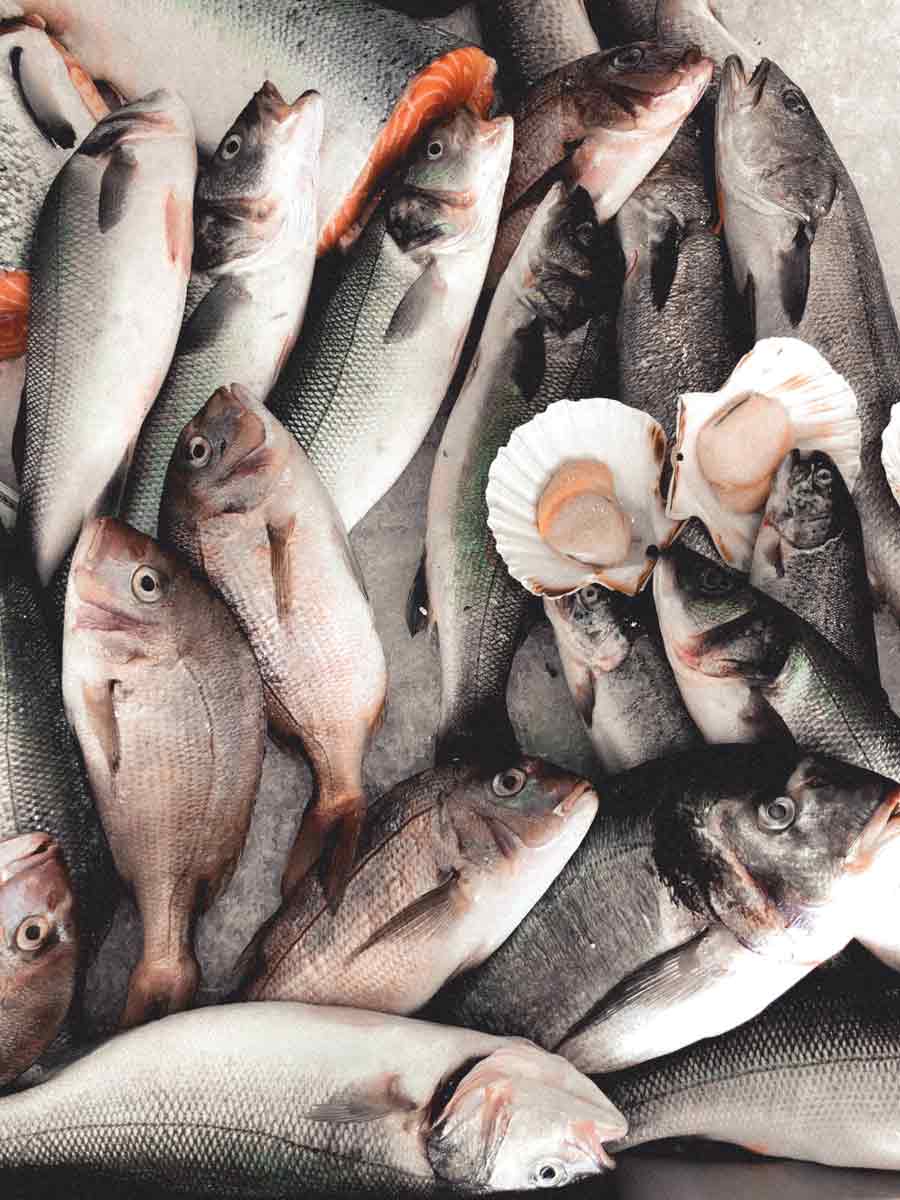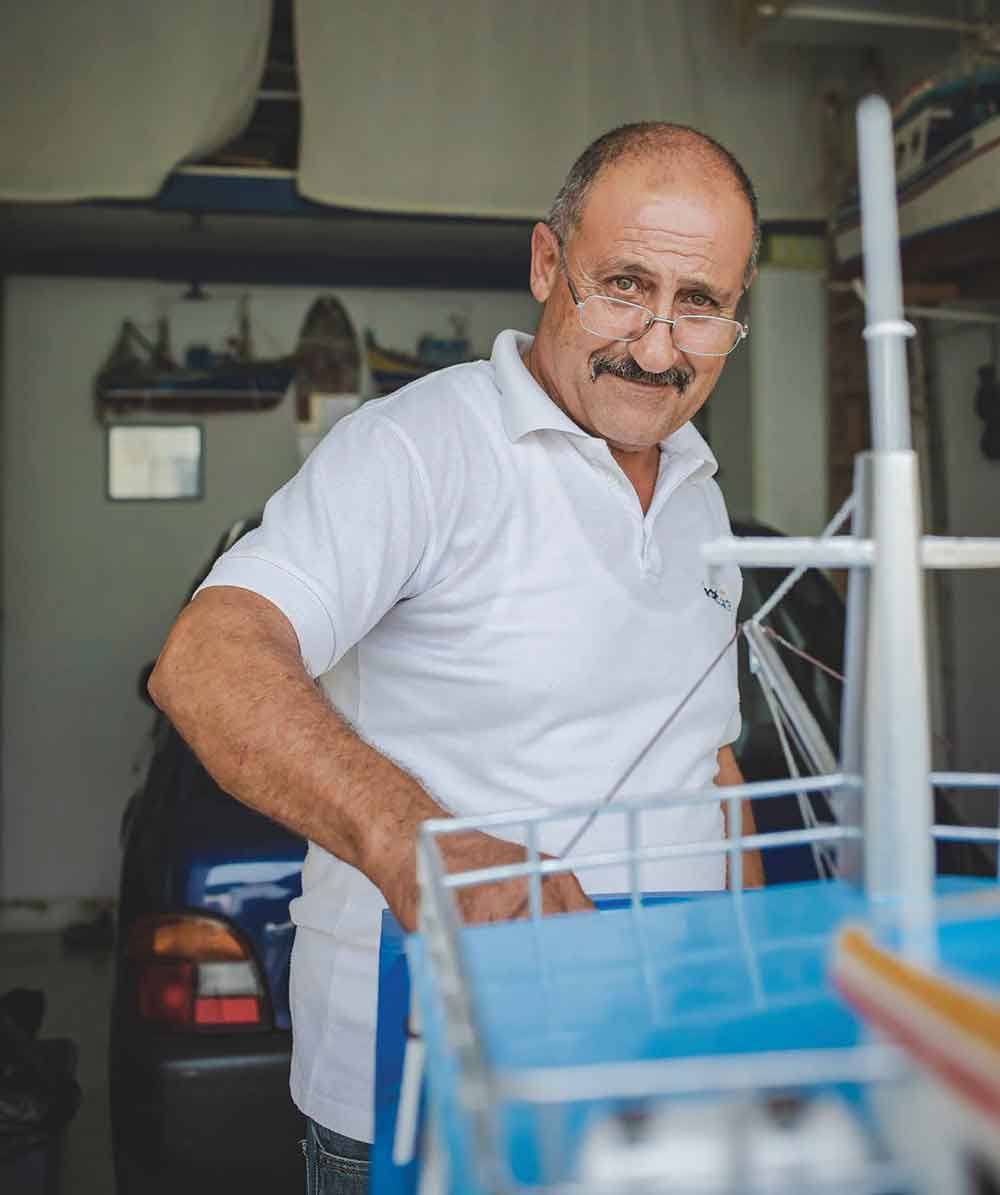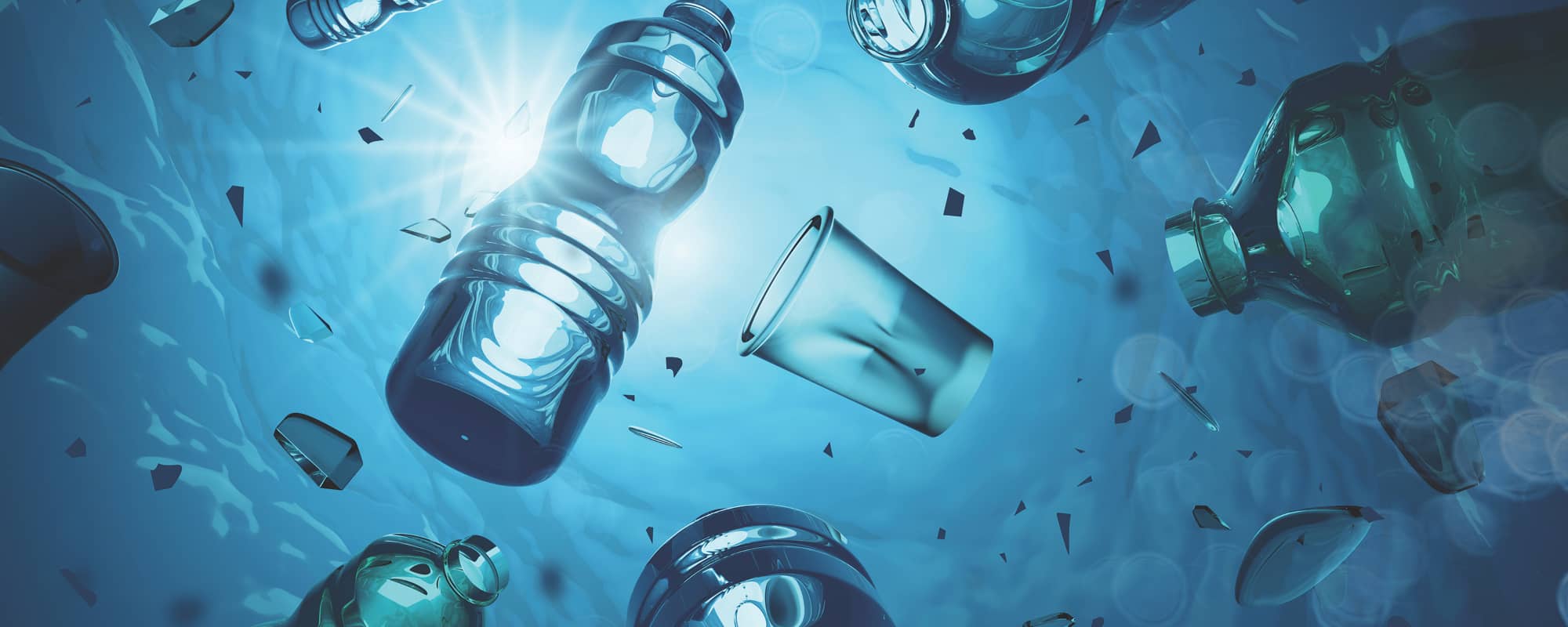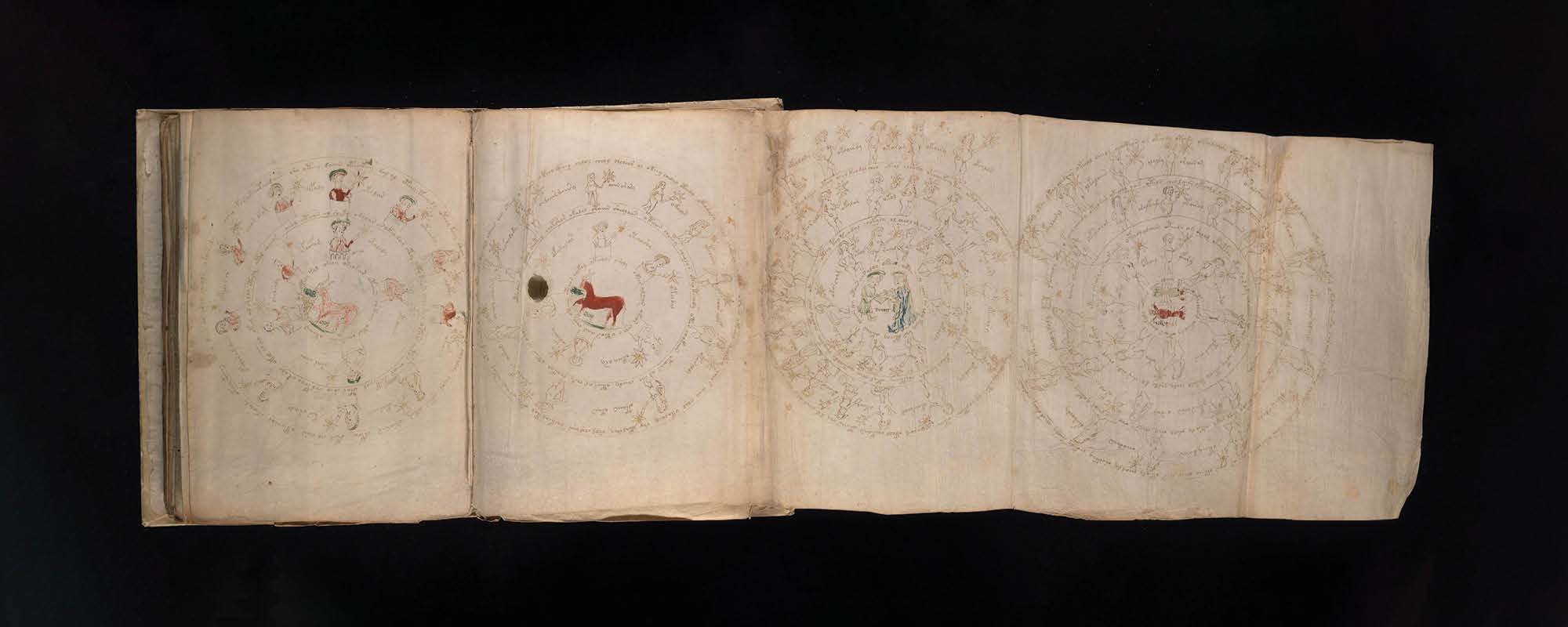An astounding 91% of litter found floating around the Maltese Islands is plastic waste, but it is not the only pollutant scarring our seas. Caroline Curmi speaks to marine biologist and University of Malta guest lecturer Marta Curmi about Malta’s marine pollution crisis and how the nation can tackle it.
Up until a few years ago, very little was known about Malta’s marine litter situation. After years of international debates and awareness campaigns, it has finally become a nationwide hot topic. Focusing both dissertations on marine ecotoxicology (i.e. the effects of toxic compounds on the marine environment), marine biologist Marta Curmi (University of Malta) was able to use her passion for the environment towards a national cause: studying the effects of pollutants in our seawater. Her findings are astounding.
A local crisis
Maltese citizens’ generally nonchalant attitude towards the waste crisis is disconcerting: ‘It is a gross underestimation thinking that by not throwing away litter directly into the sea – such as on the ground and in fields – it will not wind up there,’ Marta explains. ‘After a storm, you will see the sea being more polluted with litter than it was before on a calm day.’ Her findings point to a higher amount of marine litter in winter, likely due to rainfall and run-off.

These can also cause fertilisers used in farming to seep into the open sea, causing eutrophication to occur. That is when excessive nutrients are present in a body of water. These act as ‘fertilisers’ in the sea, nourishing the growth of algae. When the algal growth becomes excessive, it leads to serious problems. For example, algal blooms rob the sea of oxygen, affecting the health of the marine environment, including important seagrasses, fish, and other creatures. While this has not yet been observed to large extents in Maltese waters, the threat is imminent.
Eutrophication also occurs in harbours: ‘In ports, you can have discharges or ships that are incorrectly disposing of their sewage material. There’s a whole spectrum, but in more enclosed areas, such problems amplify.’ Somewhat unsurprisingly, Birżebbuġa harbours one of Malta’s worst marine litter spots: ‘One of the features that came out of my thesis was that Malta’s ports and marinas are high accumulation points of litter. The freeport has high activity – the market, beaches, shipping, fishing – there’s a whole problem there that just gives, gives, gives,’ Marta says. Gozo’s Ta’ Ċenċ area also falls high on the list: ‘I have some assumptions which would need to be confirmed, but one possible reason behind this is because of a sewage water treatment plant in the area which sometimes overflows,’ Marta explains.
A plastic soup
Pinpointing the origin of marine pollution is a complex task which is often deterred due to two natural elements: winds and currents. These transport litter across seas and oceans, which makes tracing efforts challenging. An infamous incident in 1992 perfectly illustrates the problem. A cargo ship accidentally spilt around 29,000 rubber ducks into the Northern Pacific Ocean. Almost forty years later, the ducks are still bobbing across the world and washing up in surprising places, including Hawaii, Australia, and Indonesia – track that!
Winds and currents also contribute towards the accumulation of floating litter, which is further heightened by certain geographical features. Marta uses the Mediterranean to highlight the severity of such a combination: ‘The Mediterranean Sea’s setup, with its limited exchanges to other oceans, acts like an entrapment mechanism,’ she explains. This, coupled with its popularity in tourism, high coastal population, many shipping links, and a number of rivers flowing into the sea, contribute to the large mass of rubbish currently floating around. ‘Not only has the Mediterranean become known as the Mediterranean plastic soup, it is also the sixth highest accumulation point in the world,’ Marta reveals.
You’re oil I (don’t) need
A fourth element is litter thrown away by people. While plastic waste is a huge worry, oil, contaminants, and certain metals also harm the environment. ‘One thing I noted during my research was that oil was serving as a sticking device and causing litter to stick together in oil in one place,’ Marta says. With most of the litter consisting of plastic waste comes another blow: ‘Plastic is an oil-loving (oleophilic) and highly absorptive material. Plastic is known to cause harm after ingestion due to its own chemicals, and such consequences only multiply when it becomes exposed to oil.’
While animals are the ones to suffer the first blow, the second is often served piping hot at the dinner table. Whilst a fish’s digestive tract is removed prior to cooking, the same cannot be said for seafood such as mussels and oysters: ‘Organisms that are consumed whole, that are being ingested with their gut, are more likely to have a higher presence of microplastics inside them, which we would then ingest,’ Marta explains.

Of Xenoestrogen and extinction
Suffocation and abrasions are unavoidable threats to sea life due to pollution, as is litter preventing sunlight from reaching the bottom of the seabed, thus robbing creatures, habitats, and algae of essential nutrients. Litter also causes sea animals to starve as it takes up space in their stomach. An even more pressing issue is ‘[…] that because of the contaminants that are being emitted from plastics, changes in the form of chemical imbalances are being noted in a fish’s hormones,’ Marta explains: ‘Male fish are producing xenoestrogen, a compound similar to estrogen, hence affecting essential male reproductive functions.’ With the biological balance disrupted, the risk of extinction has now grown exponentially for these species.
‘Scientists are predicting that by 2050, there will be more garbage and litter in the ocean than actual fish,’ asserts Marta. Despite such a daunting forecast, positive change is possible if the problems are tackled at their source.
Scientists are predicting that by 2050, there will be more garbage and litter in the ocean than actual fish
Marta Curmi
Funds, schemes and initiatives
‘When there are multiple sources to a problem, you cannot focus solely on one issue and forget about the rest,’ she insists, highlighting the need for a more widespread holistic approach to address the problem. ‘In the Mediterranean, with the seascape shared among so many countries, this is certainly not a one-nation job,’ she says, adding that: ‘It’s not a government initiative, or a private entity initiative, or a personal initiative, it’s an ALL initiative because industry is a problem, lack of management can be a problem, overflowing landfills near the sea are a problem, the list goes on…’
Marta commends the success of the EU Directive that banned single use plastics that can be replaced with alternatives and its related ongoing awareness initiatives: ‘It tackles the problem directly. We had grown dependent on several single-use plastic items, but now we have alternatives.’ Marta also mentions the Marine Strategy Framework Directive (MSFD), an ambitious EU-wide marine strategy to protect the marine environment: ‘This has created targets for all EU member states to achieve or maintain a good environmental status for their waters.’ Among the challenges being tackled are underwater noise, unsustainable fishing, litter, eutrophication, and contaminants.
Malta must supplement such achievements with the creation or adoption of structures such as the beverage refund scheme, which exchanges empty plastic bottles for cash. Another initiative worth considering is the fishing for litter scheme – working with or commissioning fishers to collect litter while out at sea. Already implemented in numerous Mediterranean countries, involving a stakeholder directly could prove extremely powerful: ‘Fishers are aware of the impact of marine litter on their catch. While the fishing industry is part of the source, such an initiative would be somewhat mitigating, as long as more litter isn’t generated in the process,’ Marta says. The implementation of such a scheme would give fishers a secondary source of income during their low season, which hits two birds with one stone. Marta points to a number of EU fisheries funds that could help implement such ideas, especially if combined with national funds. Political willpower is essential for Malta.
While large-scale solutions are crucial in order to curb marine litter, that doesn’t mean we are helpless. Being careful with the way citizens dispose of their rubbish is vital, as is choosing more environmentally conscious brands. Citizens can also hold their governments and private companies accountable. Our oceans belong to all of us, and allowing a small minority to profit from its destruction is unacceptable.
What fishermen have to say

Retired fisherman Anthony ‘Twanny’ D’Amato agrees with the implementation of a fishing for litter scheme: ‘It would work 100%, so long as there is financial compensation.’ While he hesitates to comment about dubious practises observed on other fishing boats, D’Amato clarifies that good waste management during fishing trips would be an equally good start: ‘I remember we would collect our litter in black plastic bags and throw them away when we disembarked,’ he recalls, adding that not everyone was as careful. D’Amato echoes Marta’s belief that a large-scale relief effort is required: ‘Fishermen cannot chase litter; their priority is their catch. If everyone disposed of their waste responsibly, it would be a far greater achievement.’
Left: Anthony ‘Twanny’ D’Amato. Photo courtesy of Inigo Taylor





Comments are closed for this article!